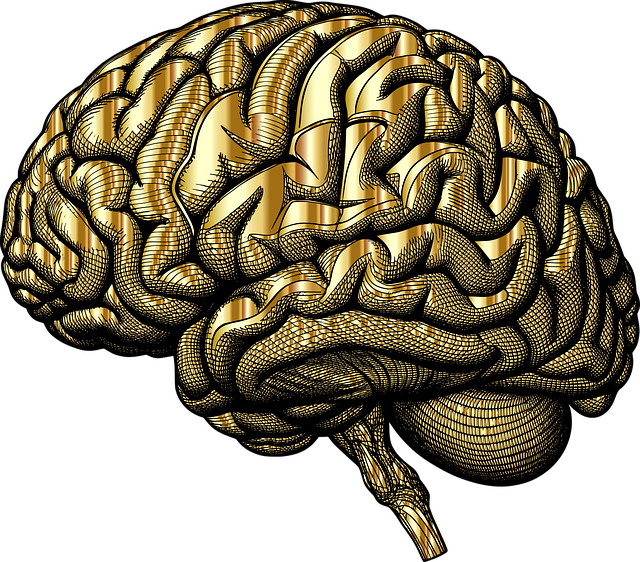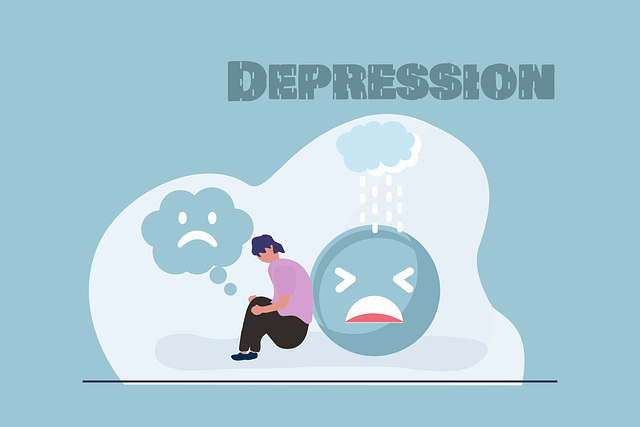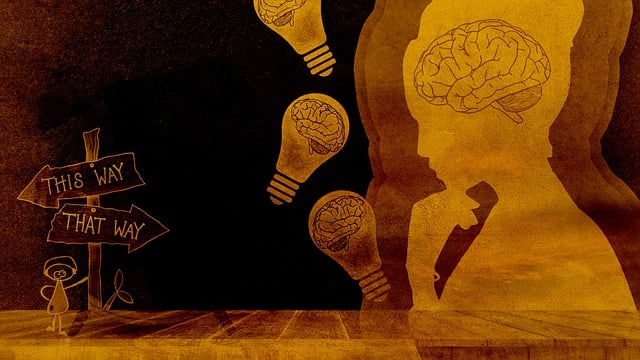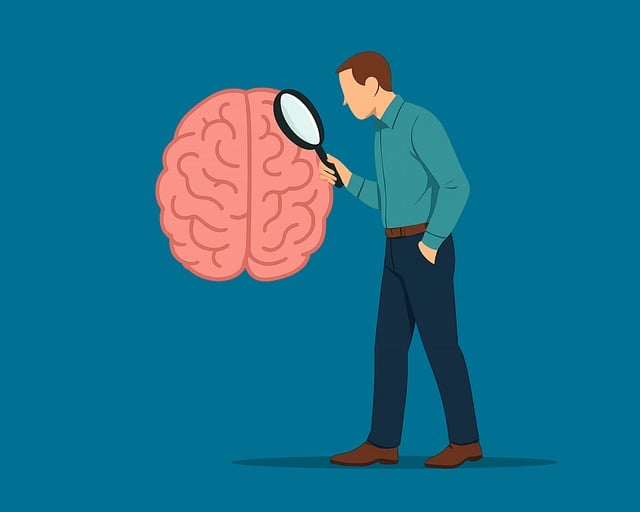Depression among adolescent teens, particularly those exploring their gender identity, is a pressing issue but can be effectively addressed through specialized therapy. Gender-affirming therapy provides safe spaces for processing emotions, gaining insights, and developing tailored coping strategies. Cognitive-behavioral therapy (CBT) empowers teens to manage emotions and thoughts, while emotional intelligence training and journaling enhance self-awareness. These approaches foster resilience, reduce stigma, and prevent burnout. Building open communication at home and stress management in schools is vital. Community support groups and professional CBT offer comprehensive solutions, challenging negative thought patterns and providing tailored resources for adolescents navigating their gender identity.
Depression among adolescent teens is a growing concern, but with the right strategies, we can empower young individuals to navigate their mental health. This article delves into various aspects of depression prevention, offering insights on recognizing signs in teens and the significance of therapy, especially tailored for this age group. We explore the unique challenges faced by those exploring gender identity and provide strategies for building resilience. Additionally, we highlight community resources and professional help, emphasizing a comprehensive approach to supporting adolescent mental health, including specific considerations for Gender Identity.
- Understanding Depression in Adolescent Teens: Recognizing the Signs
- The Role of Therapy: Effective Treatments for Youth
- Gender Identity and Mental Health: Unique Challenges and Support
- Building Resilience: Preventative Strategies at Home and School
- Community Resources and Professional Help: A Comprehensive Approach
Understanding Depression in Adolescent Teens: Recognizing the Signs

Depression among adolescent teens is a growing concern, with many factors contributing to its onset during this critical period of development. Recognizing the signs early on is crucial in providing much-needed support and guidance for young individuals navigating their mental health challenges. Adolescents experiencing depression may exhibit various symptoms, such as persistent sadness, loss of interest in activities once enjoyed, changes in appetite and sleep patterns, fatigue, difficulty concentrating, and, in severe cases, thoughts of self-harm or suicide.
One aspect that warrants attention is the potential impact of therapy on adolescent teens, particularly those exploring their gender identity. Gender-affirming therapy can create a safe space for teens to process their emotions, gain insights into their mental health struggles, and develop coping strategies tailored to their unique experiences. By addressing underlying issues and fostering open communication, therapists can play a vital role in burnout prevention, Mental Illness Stigma Reduction Efforts, and promoting Mental Health Awareness among this vulnerable demographic.
The Role of Therapy: Effective Treatments for Youth

Depression among adolescents and young adults is a growing concern, but there are effective therapy options available that can help manage and prevent this condition. One crucial approach involves specialized therapeutic interventions tailored to the unique needs of young individuals, particularly those exploring their gender identity. Therapy serves as a powerful tool for empowering teens to navigate through emotional challenges and develop robust coping mechanisms.
For adolescents grappling with depression, cognitive-behavioral therapy (CBT) has proven highly beneficial. CBT equips them with skills in mood management, encouraging positive thought patterns and behavioral changes. Additionally, techniques such as emotional intelligence training and journaling exercises can foster self-awareness and effective stress management, contributing to improved mental wellness. These therapeutic modalities create a safe space for teens to explore their emotions, gain valuable guidance, and develop long-lasting strategies to maintain good mental health.
Gender Identity and Mental Health: Unique Challenges and Support

The relationship between gender identity and mental health is a complex one, presenting unique challenges for individuals navigating their personal journeys. For adolescent teens exploring their gender identity, the quest for self-acceptance can be particularly vulnerable. The pressure to conform to societal norms or face stigma and discrimination can significantly impact emotional well-being. This is especially true for those who identify as part of the LGBTQ+ community, where mental health issues like depression are often more prevalent.
Supportive therapy tailored to adolescent teens’ specific needs is crucial. Gender-affirming therapy provides a safe space to explore identity, fostering emotional regulation and empathy building strategies. By validating their experiences and offering guidance, therapists can help teens manage anxiety relief and improve overall mental resilience. This proactive approach ensures that young individuals with diverse gender identities receive the necessary tools to thrive and prevent depressive episodes.
Building Resilience: Preventative Strategies at Home and School

Building resilience is a crucial component of depression prevention, particularly for adolescent teens navigating the complexities of identity development and gender expression. At home, parents can foster this by creating an environment that encourages open communication about emotions. Regular family check-ins, where everyone shares their feelings without judgment, help adolescents feel heard and supported. This practice normalizes emotional expression and teaches them healthy coping mechanisms, which are essential for stress management.
Schools play a vital role in prevention as well. Incorporating stress management workshops into the curriculum can provide students with valuable tools to cope with academic pressures and social stressors. These workshops should also address cultural competency, ensuring that all teens feel seen and respected, regardless of their gender identity or background. Such initiatives empower young individuals to seek help when needed and promote a sense of belonging, acting as a buffer against potential depressive episodes.
Community Resources and Professional Help: A Comprehensive Approach

Accessing community resources and professional help is a multifaceted approach to depression prevention, especially for adolescent teens navigating their gender identity. Community support groups offer a safe space for young individuals to connect with peers facing similar challenges, fostering a sense of belonging and reducing feelings of isolation. These groups can provide invaluable peer-to-peer support, sharing experiences, strategies for coping, and resources tailored to the unique needs of transgender adolescents.
In conjunction with community support, professional therapy plays a crucial role in depression prevention and management. Cognitive Behavioral Therapy (CBT), for instance, equips teens with tools to identify and challenge negative thought patterns and behaviors contributing to low mood and self-esteem issues. By addressing underlying factors related to gender identity, stress reduction methods, and self-esteem improvement, therapists help individuals develop resilience and coping mechanisms to navigate life’s challenges effectively. This comprehensive approach ensures that adolescent teens receive the necessary support to thrive during this formative period of their lives.
Depression among adolescent teens is a complex issue, but with a multi-faceted approach, we can empower both individuals and communities. By recognizing early signs, providing access to effective therapy, especially tailored for gender identity issues, and fostering resilient environments at home and in schools, we can significantly prevent and manage depression. Community resources and professional help play a crucial role in this process, ensuring no one struggles alone. It’s time to normalize conversations around mental health and offer the support needed to navigate these challenging times, especially for our youth.










